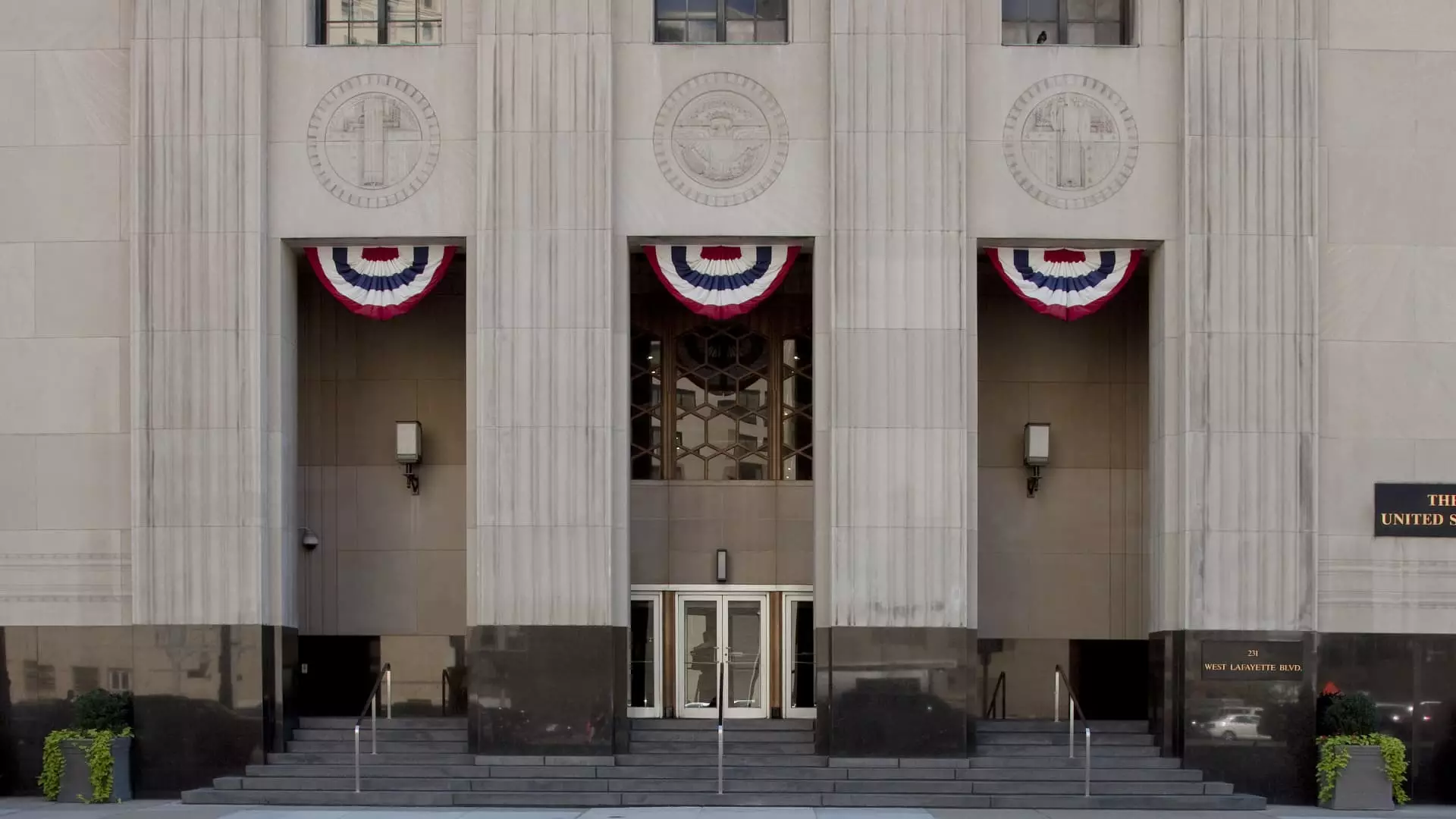The recent arrest of Yunqing Jian, a postdoctoral fellow at the University of Michigan, alongside her boyfriend Zunyong Liu, reveals unsettling truths about the intersection between academic ambition and ethical boundaries. Charged with smuggling a biological pathogen capable of wreaking havoc on crops, Jian and Liu’s actions exemplify a growing concern about the dark potentials of scientific inquiry pursued without moral conviction. In a world where the stakes are continually rising, this incident underscores the fragility of trust within the scientific community.
In an era defined by collaboration and global connectivity, the motivations of researchers must be continually scrutinized. Jian and Liu were not mere novices; they possessed advanced knowledge of Fusarium graminearum, a fungus responsible for extensive agricultural damage and negative health impacts on humans and livestock. The audacity of their actions—sneaking a destructive pathogen across borders—reflects a willingness to gamble not only their futures but potentially the well-being of countless lives reliant on stable food sources.
A Concerning Narrative of Concealment
At the heart of this controversy lies an alarming narrative of deception. Liu’s attempts to obscure the pathogen within innocuous items in his luggage is not just a strategic blunder; it signifies a deliberate choice to sidestep regulations intended to ensure safety and public health. The interaction between Liu and his girlfriend via WeChat paints a disturbing picture of premeditated misconduct where actions are calculated, not impulsive.
The pair’s initial claims of ignorance give way to a more sinister truth—a knowing participation in infraction and malfeasance. Such actions evoke questions about their ethical grounding as researchers. What drives individuals to breach the very codes that safeguard their fields? Is the lure of research accolades, potential financial gain, or perhaps the intoxicating cocktail of ambition and hubris enough to cast aside the fundamental principles of honesty and responsibility?
Impacts on Trust and National Security
The ramifications of Jian and Liu’s arrest extend beyond personal consequences; they infringe upon national security and public trust in academic research. The University of Michigan’s swift condemnation of the couple’s actions emphasizes the broader implications of such misconduct. An institution that nurtures knowledge and fosters innovation now confronts the fallout from a betrayal that tarnishes its reputation and diminishes community trust.
As federal agents unearth communications and evidence indicative of a longstanding plan to breach biosecurity protocols, the anxieties surrounding international research relationships come into sharp focus. With universities increasingly reliant on global talent to drive cutting-edge research, the integrity of these collaborations raises pressing questions. Can institutions afford to overlook due diligence in favor of growth and diversity in their cohorts?
Additionally, the economic stakes embedded in the potential spread of Fusarium graminearum serve as an alarming reminder of the vulnerabilities tied to agricultural biotechnology. With billions of dollars already lost to agricultural diseases, it is a cautionary tale urging stricter oversight and vigilance. Each uncensored action burgeons the risk of a wider crisis, compelling us to reassess how we engage with biological research on a global scale.
The Role of Institutions and Societal Responsibility
As this case unfolds, it calls into question the role of academic institutions in addressing ethical and moral dilemmas. The University of Michigan has made its stance clear—there will be no tolerance for actions that jeopardize public safety. Yet, the real challenge lies in enforcing comprehensive frameworks to ensure that ambition does not overshadow ethical obligation. Institutions must bolster their commitment to instilling values that prioritize societal welfare alongside scientific discovery.
Furthermore, the pervasive nature of technological communication platforms warrants scrutiny. In an age where covert discussions can take place in a matter of seconds, messaging tools like WeChat enable subterfuge that could undermine entire sectors. As we confront the murky realities of the digital space, it is crucial that checks and balances keep pace with technology. Only through vigilant oversight can we uphold the integrity of scientific progress in an interconnected world.
In sum, the charged scenario of Jian and Liu serves as a gripping narrative, one that provides insight into the perilous currents swirling around ambition, ethics, and trust in contemporary academia. It fundamentally challenges us to reflect on what it means to pursue knowledge responsibly in an era fraught with risks and implications.


Leave a Reply